Congress has ruinous plan to remake its 'anti-Hindu' image
Fri 02 Jan 2015
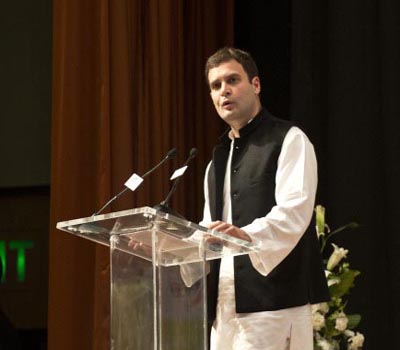
Jan 2, 2015 Agencies ; After much huffing and puffing, the Congress has finally ordered some sort of a post-mortem into its general election debacle. But guess what its focus will be ? To find out whether it lost because it is perceived as “anti-Hindu” and “pro-minorities” (read “pro-Muslim”).At a "brainstorming" meeting Rahul Gandhi had with AICC general secretaries recently to discuss the “roadmap’’ for the party’s revival, it was decided to seek out Hindu voters and ask them how they view its attitude towards them. And if they think it is “anti-Hindu”, is that the reason why they rejected it last May swayed by the BJP’s Hindu nationalist claims.Apparently this was the only key decision taken at the high-level meeting demonstrating just how important the party believes this issue is. A report in The Times of India suggested that there was, in fact, already a settled view at the highest level of the organisation that its “debilitating” defeat was a “backlash against Congress’s pro-minority stance’’. And it was keen to “shed this handicap”.“Following the Congress’s decimation (in the general elections), party veteran and former defence minister AK Antony warned that the party needed to correct the perception about its minority bias that was hurting the party’s chances,’’ it said quoting sources as saying that there was a “strong desire’’ to “shatter” such a perception.Can the two parties have a common ground on Hindutva? Reuters imageCan the two parties have a common ground on Hindutva? Reuters imageOn the face of it, the move would seem unexceptionable. Who can object to a party in the throes of an existential crisis wanting to assess public opinion in order to improve itself?But take note of the topic the Congress has chosen for this exercise. It has no interest in finding out what people think of its governance skills or
addressing questions about Rahul Gandhi’s leadership style, or fighting the perception that its government was soft on corruption. Instead it is consumed by fear of being seen as pro-minorities and by extension "anti-Hindu": a polarising, reductionist logic made fashionable by the BJP's unprecedented triumph on the back of a massive consolidation of Hindu vote in its favour and the “them -versus-us’’ national political discourse that has followed in its wake.India’s political culture has always been somewhat notorious for promoting sectional constituencies based on religion and caste. But after Narendra Modi’s victory, a new element has been added to the mix—namely, the importance of the Hindu vote and the race to the bottom to capture it. It is this that is driving the Congress urge to “shed’’ the “handicap’’ of being seen as “pro-minorities’’.The Congress move is symptomatic of the growing lumpenisation of national politics and a steadily shrinking agenda in which winning elections alone matters. Even as the wider Indian society is becoming more democratic and open, the nation’s polity is being increasingly driven by forces and instincts that best thrive in a polarised setting. For example, the 2014 general election might have been ostensibly fought on development but we all know that the campaign was marked by a none-too-subtle divisive theme. And the current climate, characterised by crude and openly inflammatory sentiments (“Ramzaade, Haramzaade; ghar wapsi et al) , is a direct fall-out of that.Once upon a time, a pro-minorities bias was regarded as a hallmark of civilised political behaviour akin to being pro-blacks or anti-racist in western societies. In the prevailing environment, however, with its limited view of society—a la America’s Tea Party movement-- being supportive of “them” minorities is seen as a hindrance to be overcome.:
addressing questions about Rahul Gandhi’s leadership style, or fighting the perception that its government was soft on corruption. Instead it is consumed by fear of being seen as pro-minorities and by extension "anti-Hindu": a polarising, reductionist logic made fashionable by the BJP's unprecedented triumph on the back of a massive consolidation of Hindu vote in its favour and the “them -versus-us’’ national political discourse that has followed in its wake.India’s political culture has always been somewhat notorious for promoting sectional constituencies based on religion and caste. But after Narendra Modi’s victory, a new element has been added to the mix—namely, the importance of the Hindu vote and the race to the bottom to capture it. It is this that is driving the Congress urge to “shed’’ the “handicap’’ of being seen as “pro-minorities’’.The Congress move is symptomatic of the growing lumpenisation of national politics and a steadily shrinking agenda in which winning elections alone matters. Even as the wider Indian society is becoming more democratic and open, the nation’s polity is being increasingly driven by forces and instincts that best thrive in a polarised setting. For example, the 2014 general election might have been ostensibly fought on development but we all know that the campaign was marked by a none-too-subtle divisive theme. And the current climate, characterised by crude and openly inflammatory sentiments (“Ramzaade, Haramzaade; ghar wapsi et al) , is a direct fall-out of that.Once upon a time, a pro-minorities bias was regarded as a hallmark of civilised political behaviour akin to being pro-blacks or anti-racist in western societies. In the prevailing environment, however, with its limited view of society—a la America’s Tea Party movement-- being supportive of “them” minorities is seen as a hindrance to be overcome.:
No Comments For This Post, Be first to write a Comment.
Most viewed from Specials
Most viewed from World
AIMIM News
Latest Urdu News
Most Viewed
May 26, 2020
Can Lionel Messi's visit boost Indian football?
Latest Videos View All
Like Us
Home
About Us
Advertise With Us
All Polls
Epaper Archives
Privacy Policy
Contact Us
Download Etemaad App
© 2026 Etemaad Daily News, All Rights Reserved.


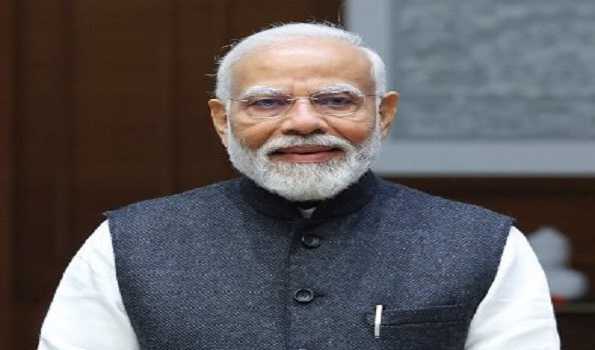
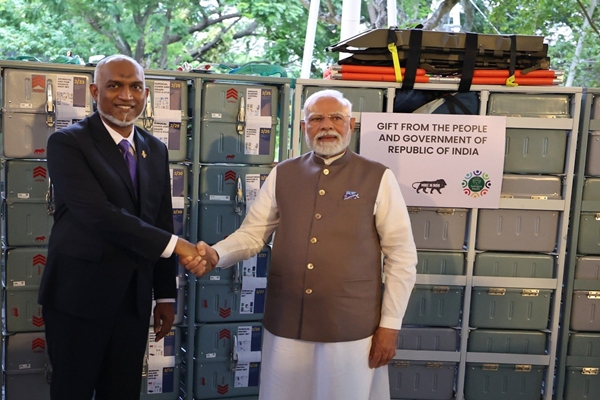
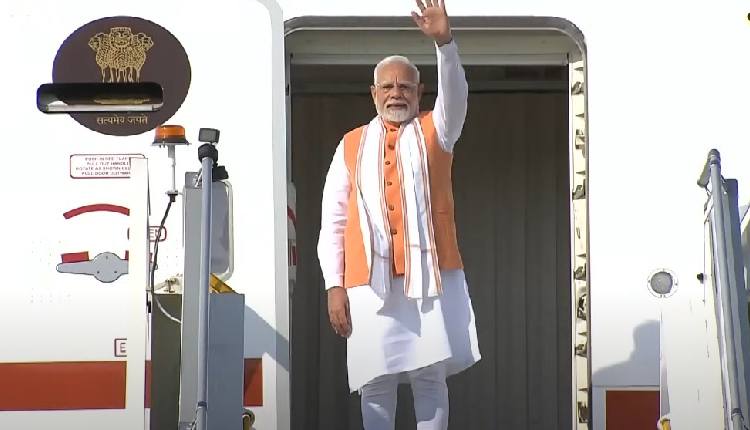
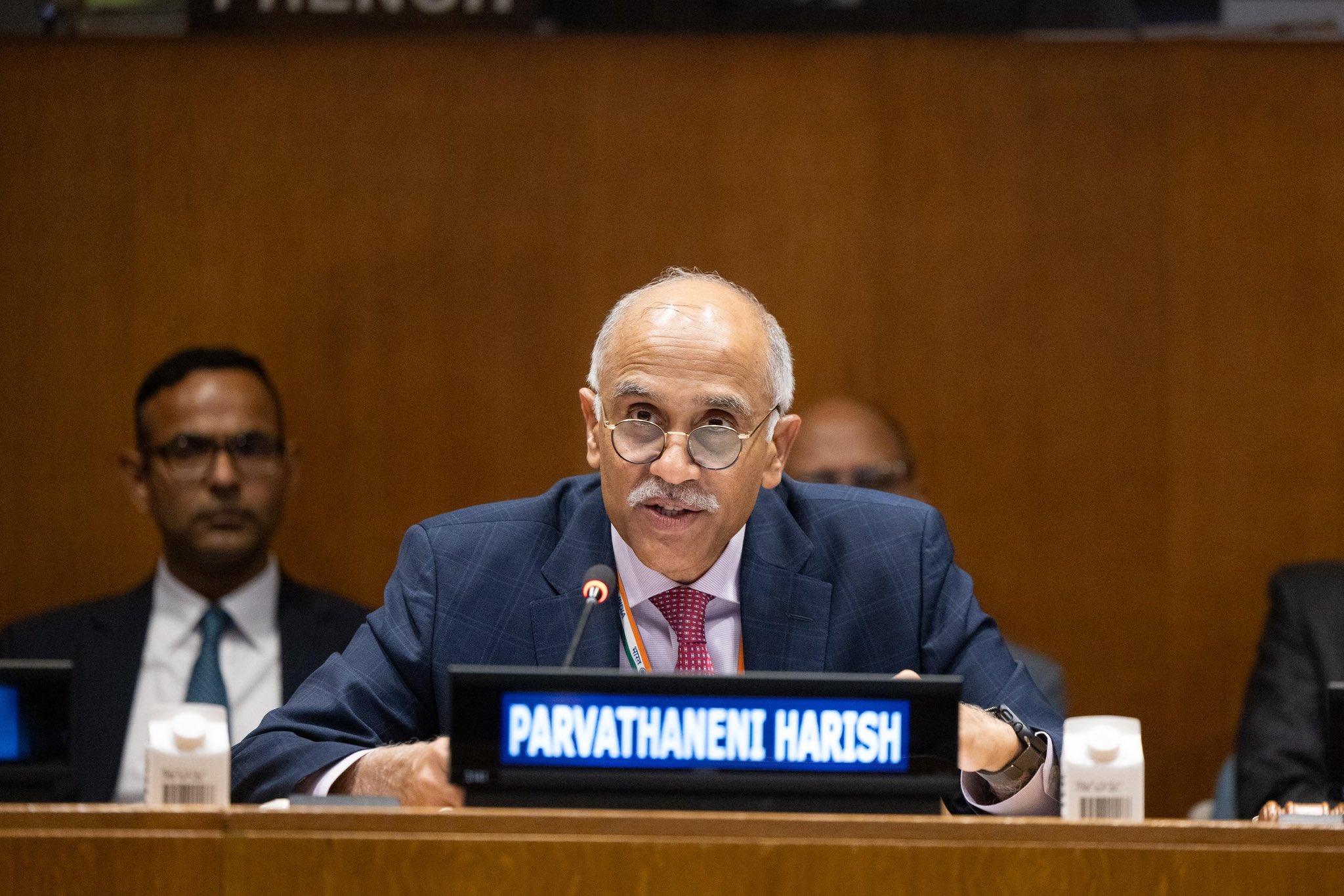
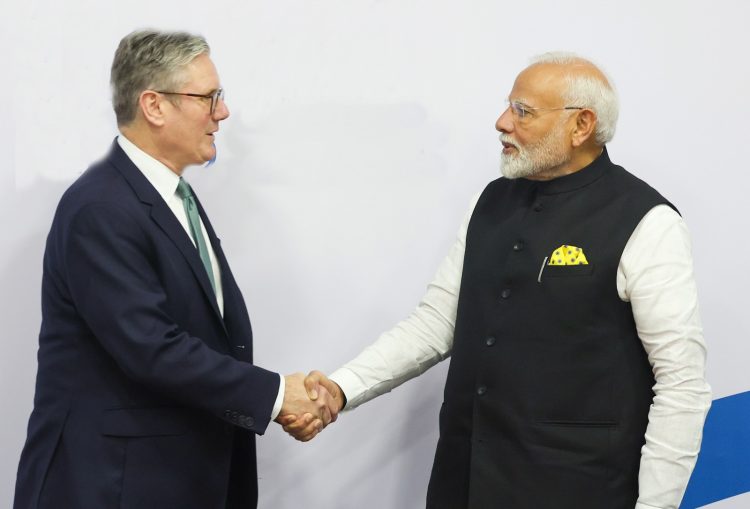

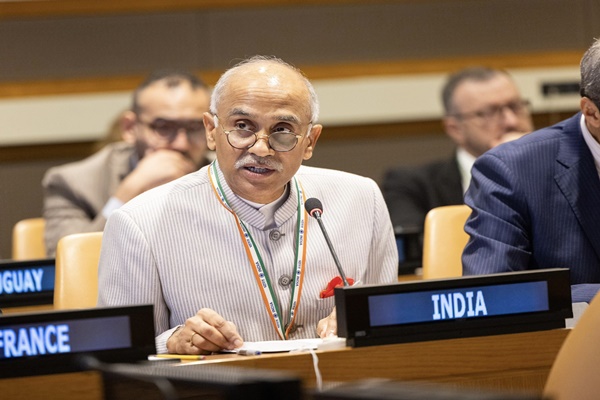
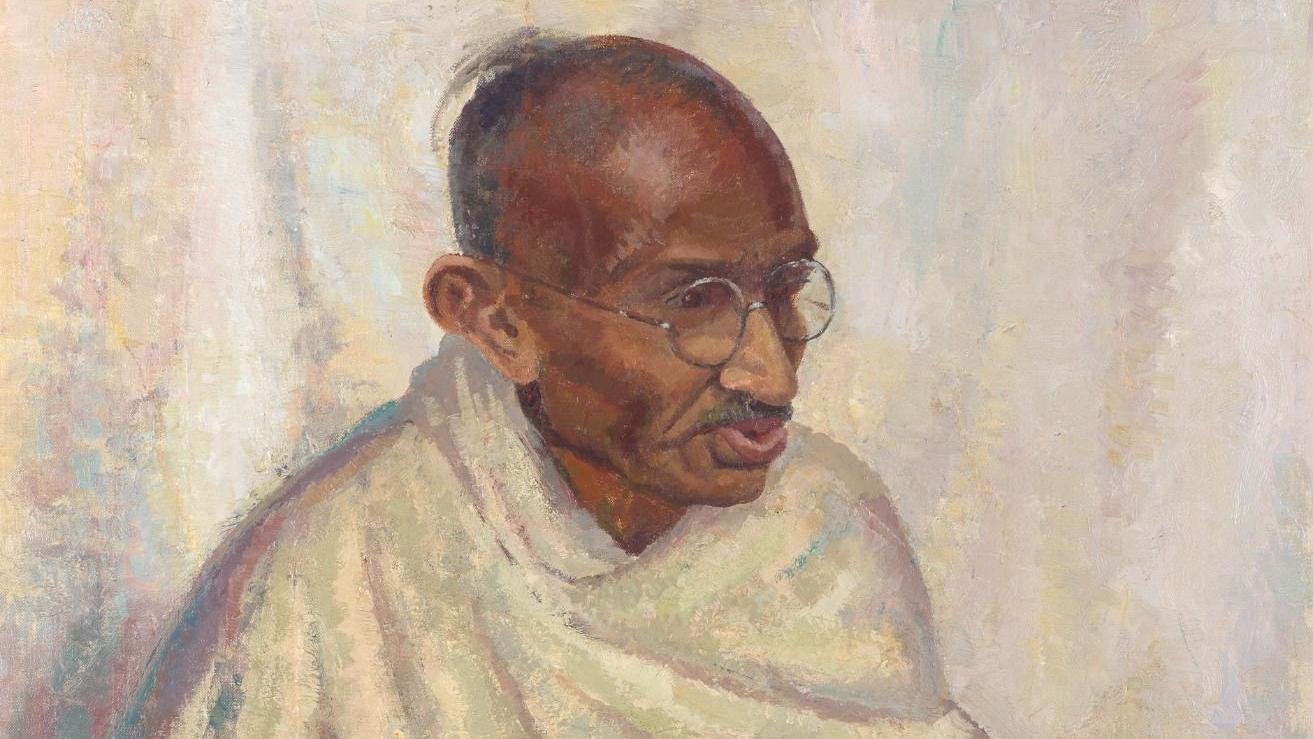
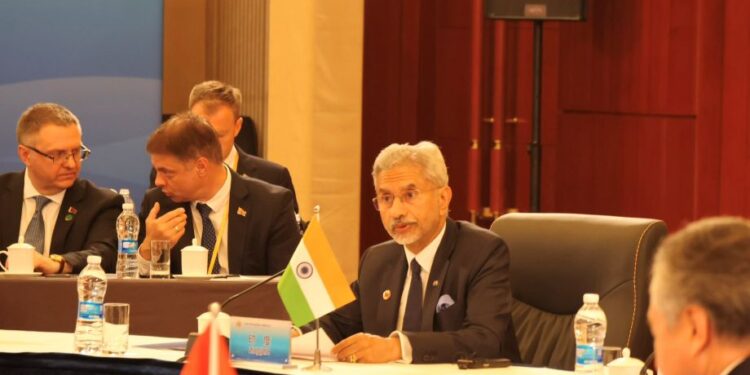
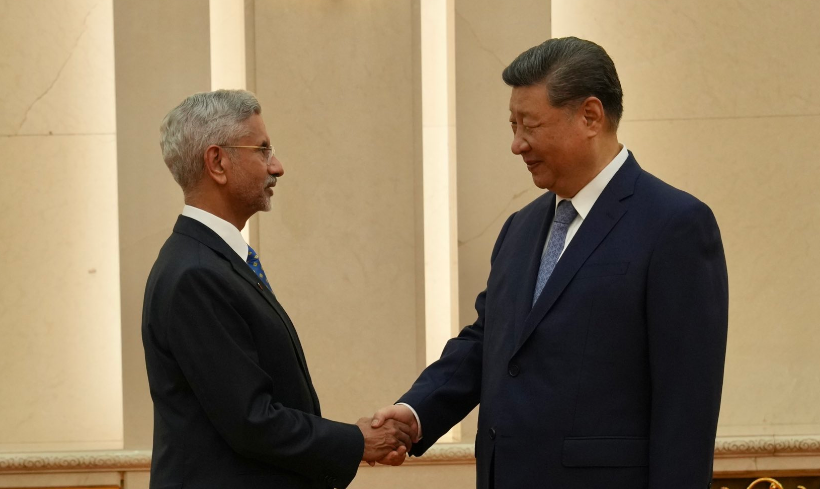
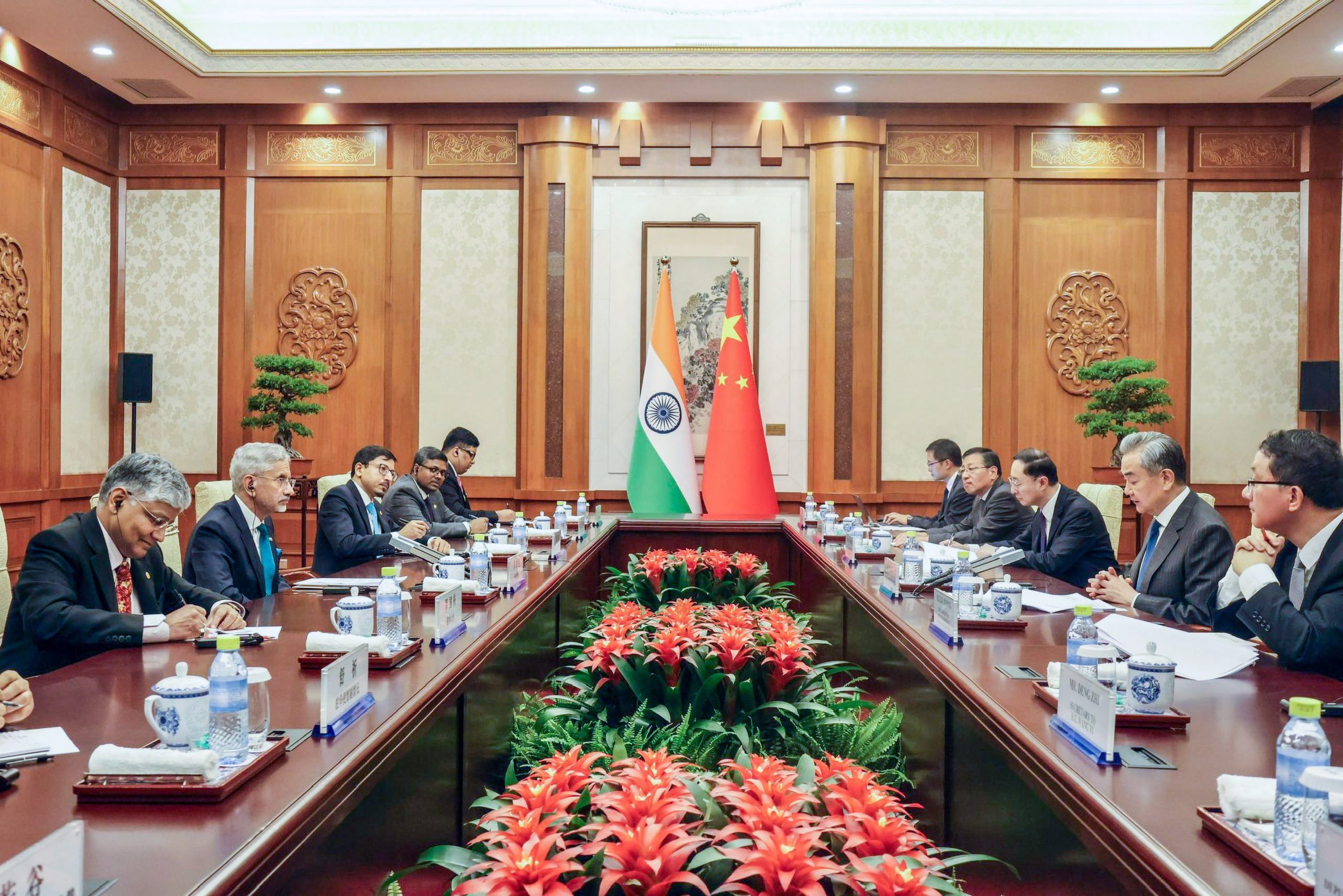




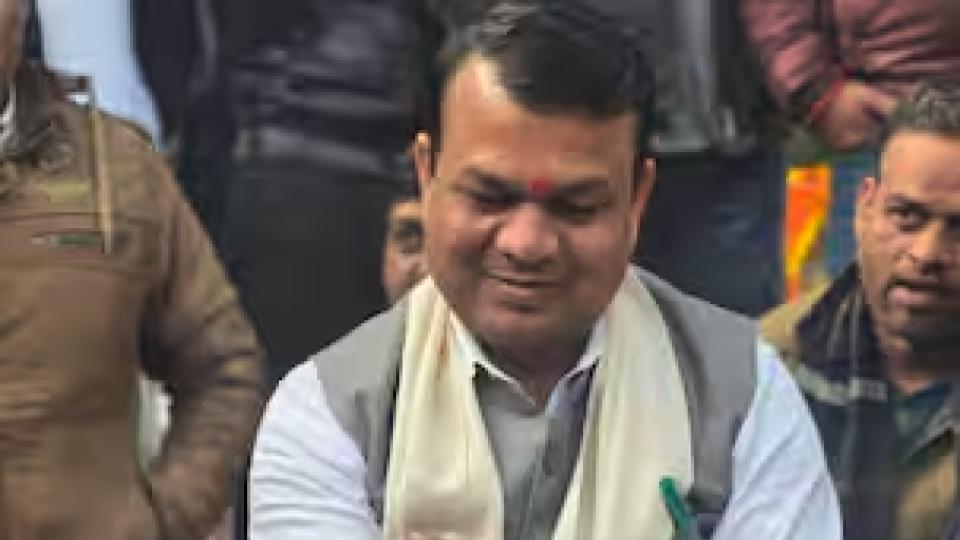
.jpg)
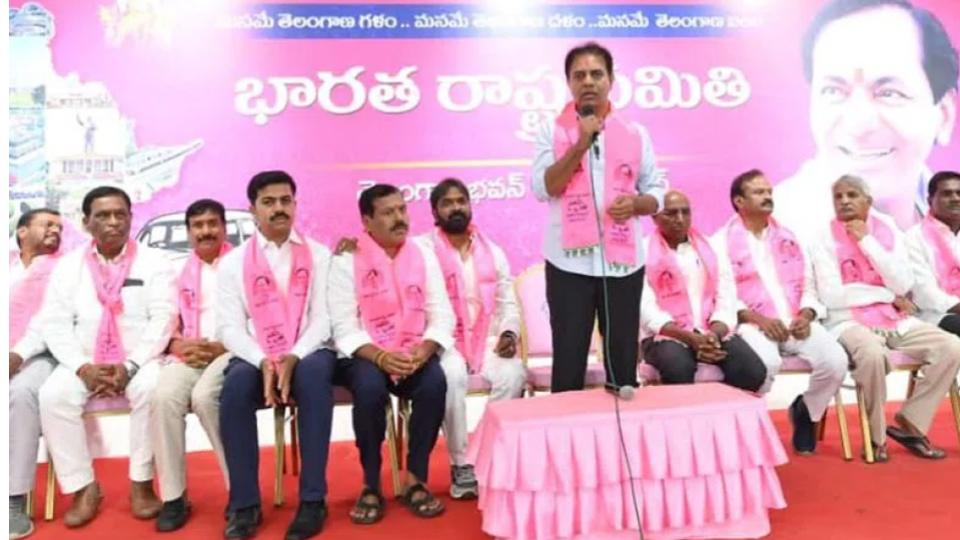


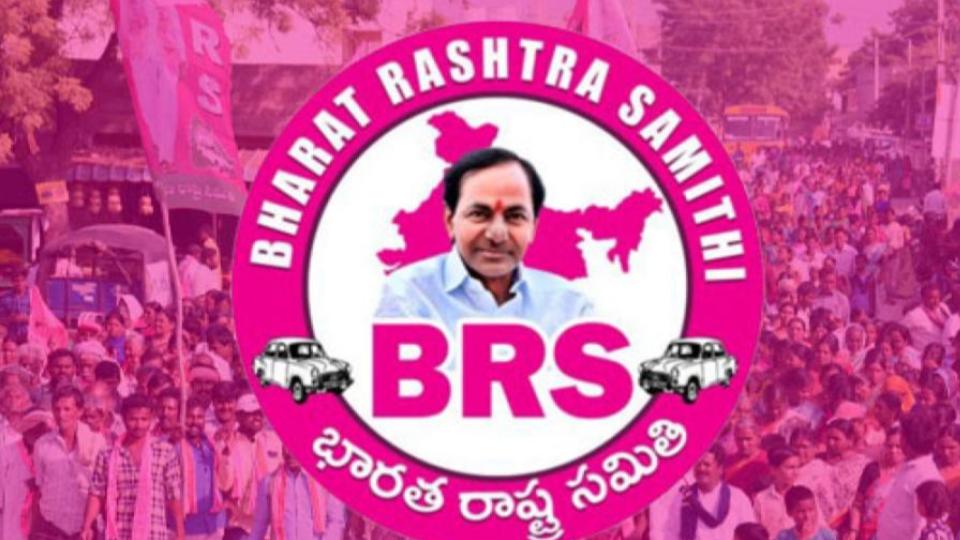
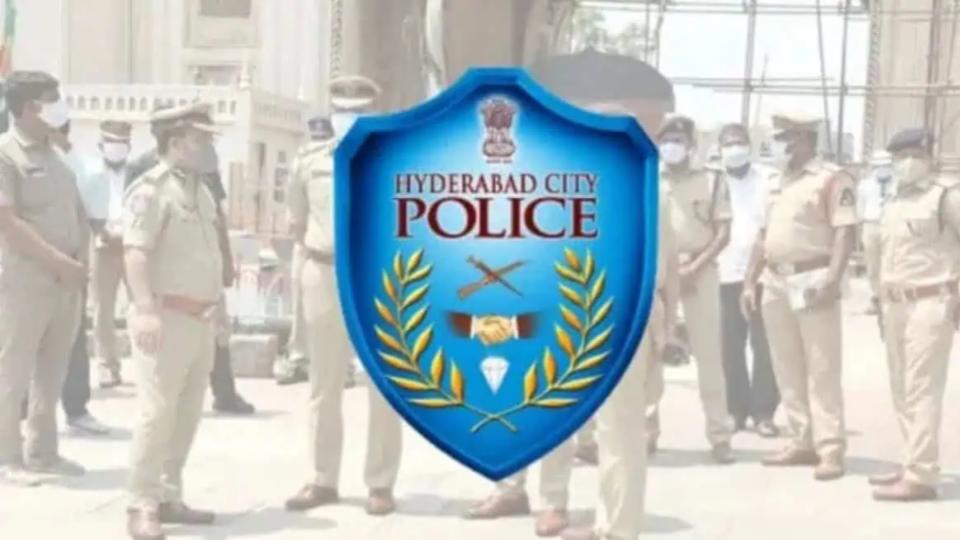













.jpg)
.jpg)
.jpg)


